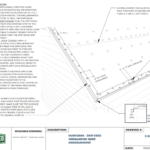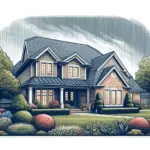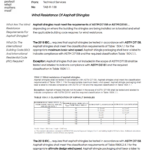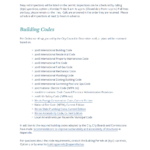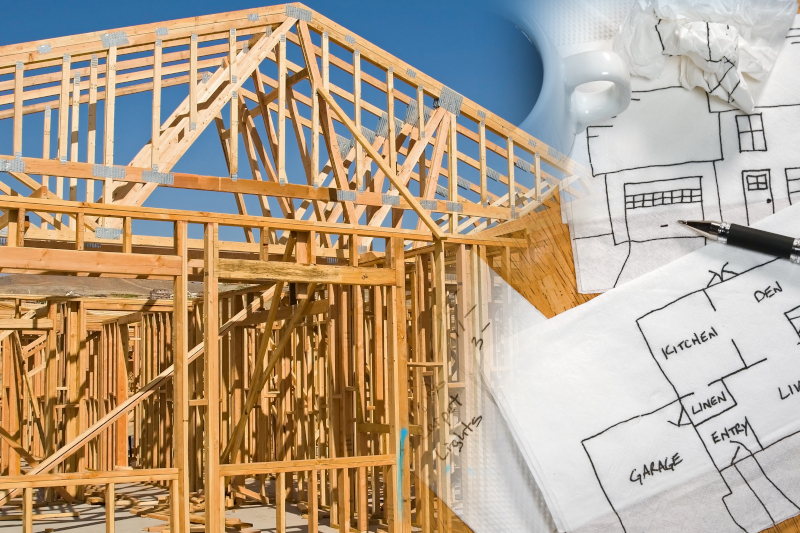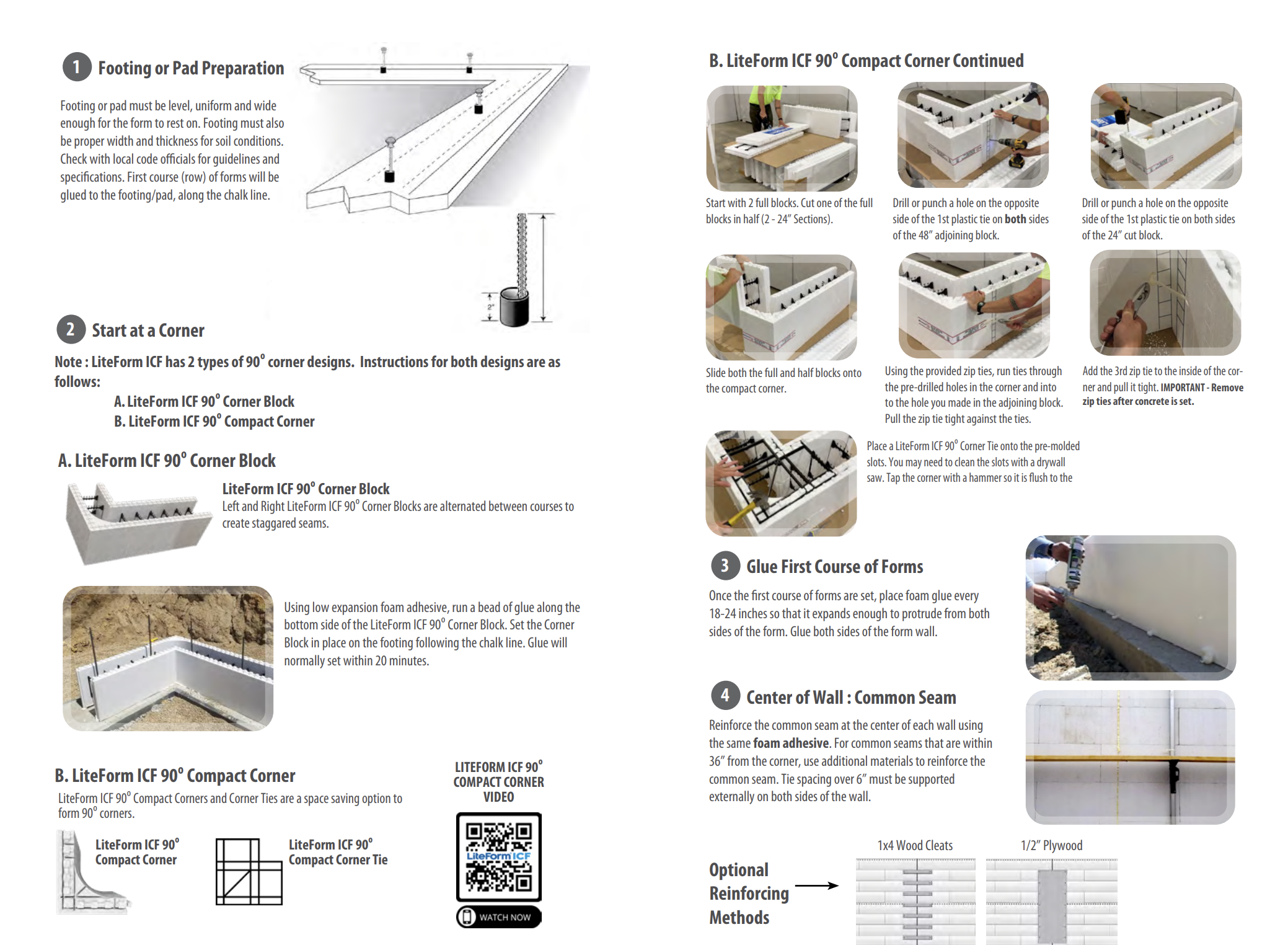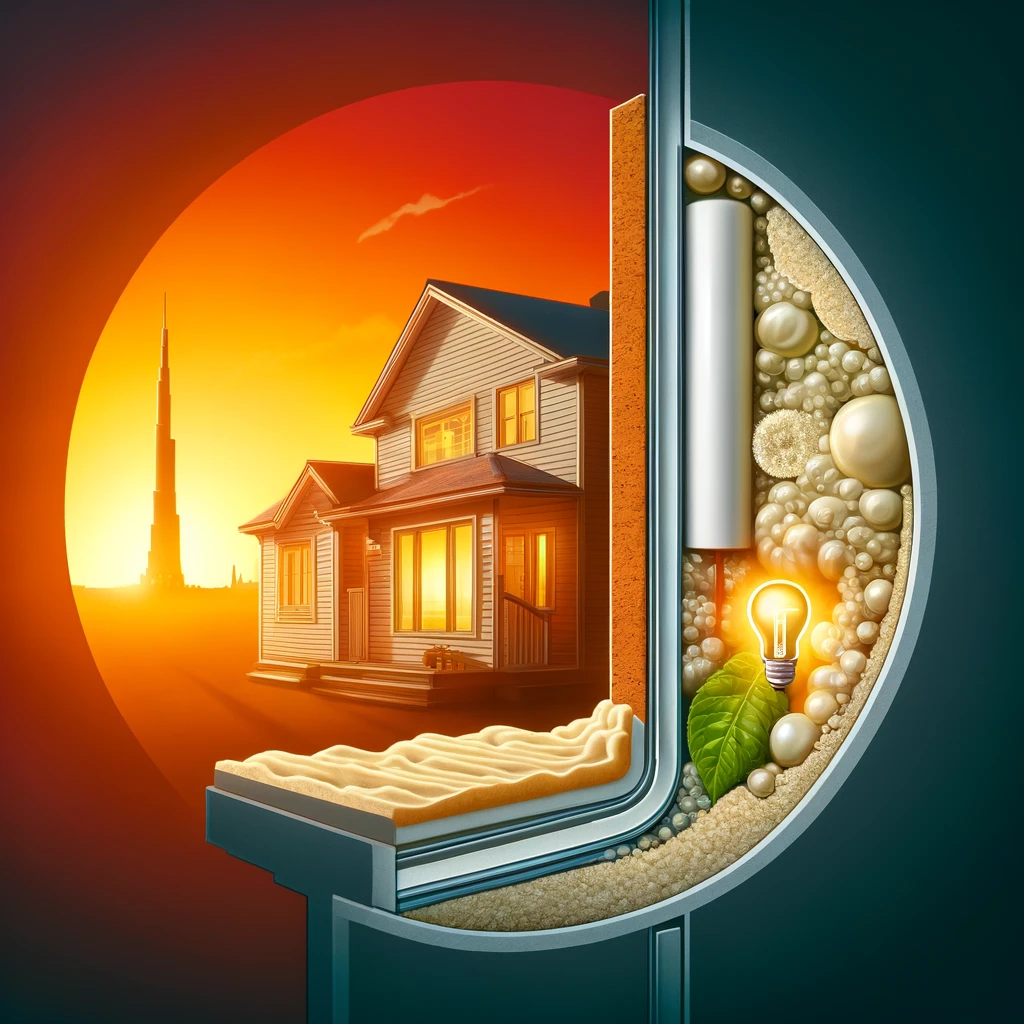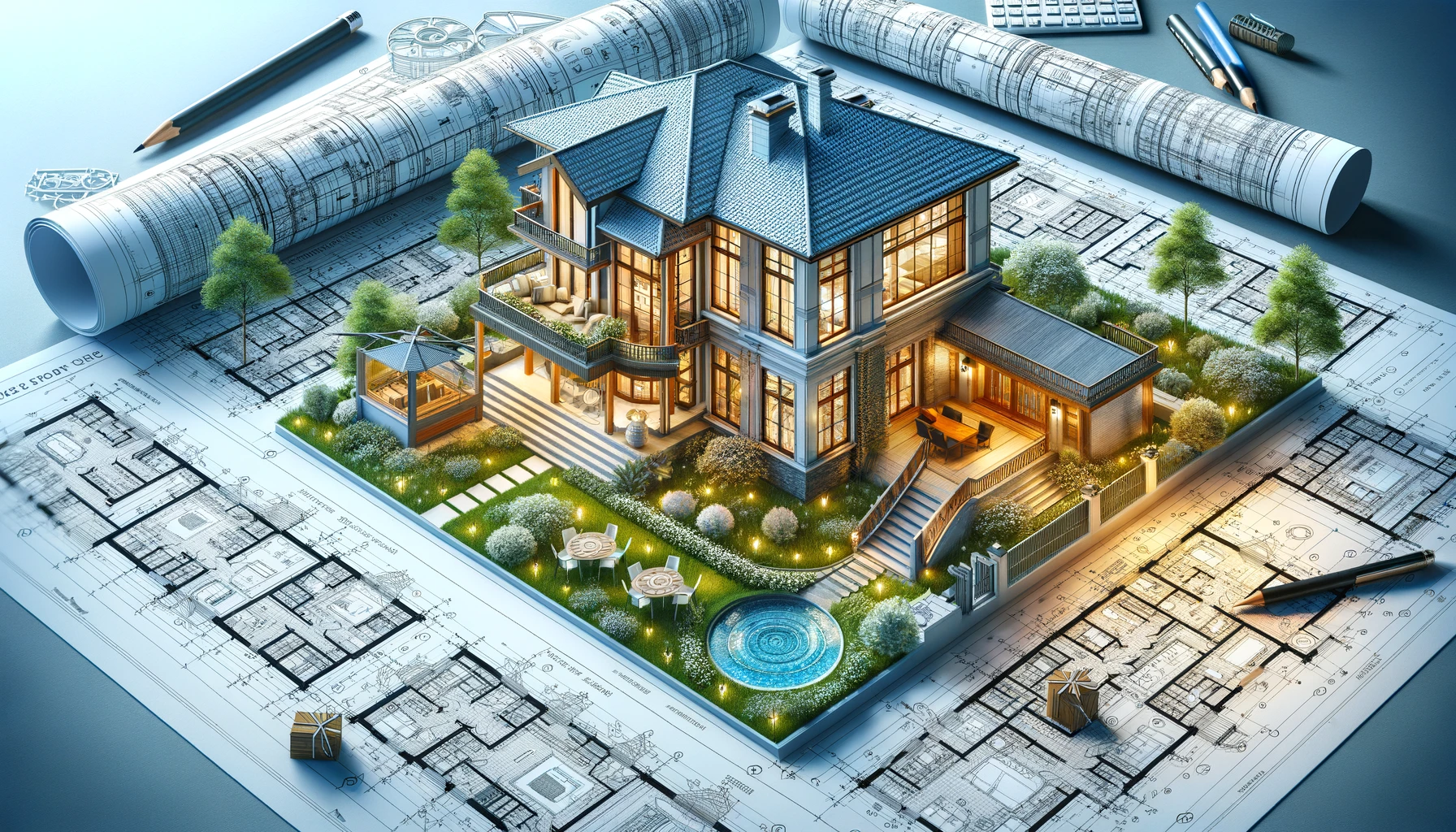The increasing threat of climate change has more and more building owners and homebuyers considering the sustainability of their structures and the role construction plays in global warming and the use of our natural resources. In this blog post, we will explore the concept of sustainable structures and highlight the pivotal role of engineered wood products in creating environmentally-friendly buildings. Join us as we delve into the world of sustainable construction and discover how engineered wood is shaping the future of the industry.
What Makes a Sustainable Structure?
According to the Environmental Protection Agency (EPA), green building is the practice of maximizing the efficiency with which buildings and their sites use resources—energy, water, and materials—while minimizing impacts on human health and the environment through the complete building lifecycle, from siting, design, and construction, to operation, renovation, and reuse. As the focus on sustainability intensifies, there is an increased emphasis on reducing carbon emissions in building practices.
The Impact of Building Materials on Carbon Emissions
The building and construction sectors account for nearly 50% of global energy-related greenhouse gas emissions, which are responsible for global warming and climate change. While the current building energy code addresses operational energy, it fails to account for the impacts of embodied energy/carbon in building materials. This is where a closer comparison of building materials becomes crucial.
Comparing Building Materials: Embodied Carbon
Embodied carbon, or materials carbon, refers to emissions related to construction and building materials. It encompasses all greenhouse gas emissions that arise from the extraction, manufacture, transport, installation, maintenance, and disposal of building materials. To reduce embodied carbon in buildings, it is essential to understand the carbon footprint of the materials used. This involves calculating the overall greenhouse gas emissions associated with the building materials, considering both carbon sequestration and emissions throughout the lifecycle of the structure.
The Sustainable Advantages of Engineered Wood Products
Engineered wood products, including cross-laminated timber and mass timber, offer several sustainability benefits compared to traditional materials like steel and concrete. Firstly, engineered wood products result in significantly lower emissions because they don’t require drastic changes to the material’s original form, and wood manufacturers often utilize wood waste to power the manufacturing process, reducing the use of fossil fuels. Additionally, wood has a natural ability to sequester carbon, with modern forestry practices ensuring a continuous cycle of growing, harvesting, and replanting trees. This lifecycle of planting, growing, harvesting, sequestering carbon in buildings, and replanting makes wood an excellent sustainable resource.
The Sustainable Benefits of Engineered Wood
Engineered wood products not only offer lower embodied carbon and carbon sequestration benefits but also provide additional green building advantages. Due to the way they are made, engineered wood products can be produced from small-dimension lumber, optimizing timber resource utilization. Their predictability results in less waste, consistent dimensions, and improved efficiency. Moreover, engineered wood products are available in custom and longer lengths, reducing waste and enabling pre-cut framing packages.
Energy Efficiency and Performance
In terms of energy efficiency, the manufacturing process of engineered wood products involves lower energy use compared to non-wood structural products that require extensive processing. When comparing wood floor systems to steel floor systems and wood wall systems to concrete wall systems, the carbon savings add up quickly. Choosing wood floor assemblies over steel can avoid approximately 22 pounds of CO2 emissions per square foot of floor, while opting for wood wall assemblies over concrete can avoid about 15 pounds of CO2 emissions per square foot of wall area.
Engineered wood products play a vital role in creating sustainable structures and reducing the environmental impact of construction. As we strive to combat climate change and protect our natural resources, the use of engineered wood offers significant advantages. Not only do these products have lower embodied carbon and a natural ability to sequester carbon, but they also optimize timber resource utilization, minimize waste, and contribute to energy-efficient building practices.
By incorporating engineered wood products into construction projects, property owners in the Midwest and beyond can align with sustainable building practices and make a positive impact on the environment. From cross-laminated timber to mass timber, these innovative materials offer the strength, versatility, and eco-friendly properties needed to construct durable and sustainable structures.
Furthermore, embracing engineered wood products can help property owners attract followers and enhance their market presence. With growing public awareness and demand for sustainable buildings, showcasing a commitment to environmentally-friendly construction practices can differentiate a property and attract environmentally-conscious tenants and buyers.
In conclusion, the role of engineered wood in sustainable structures cannot be overstated. It presents an opportunity to build with materials that have a lower carbon footprint, support responsible forestry practices, and contribute to a more sustainable future. By prioritizing the use of engineered wood, property owners in the Midwest can lead the way in sustainable construction and inspire others to follow suit. Together, we can create a greener, more resilient built environment that harmonizes with the natural world.
Ready to embrace sustainable construction and make a positive impact on the environment? Allied Emergency Services is here to help you transform your property into a sustainable and energy-efficient space. Contact us today at 1-800-792-0212 or visit our website www.alliedemergencyservices.com to learn more about our services and how we can assist you in incorporating engineered wood products into your construction projects. Let’s build a greener future together!
#SustainableStructures #EngineeredWood #GreenConstruction #MidwestBuilders #PropertyOwners #ClimateAction #SustainabilityInBuilding
